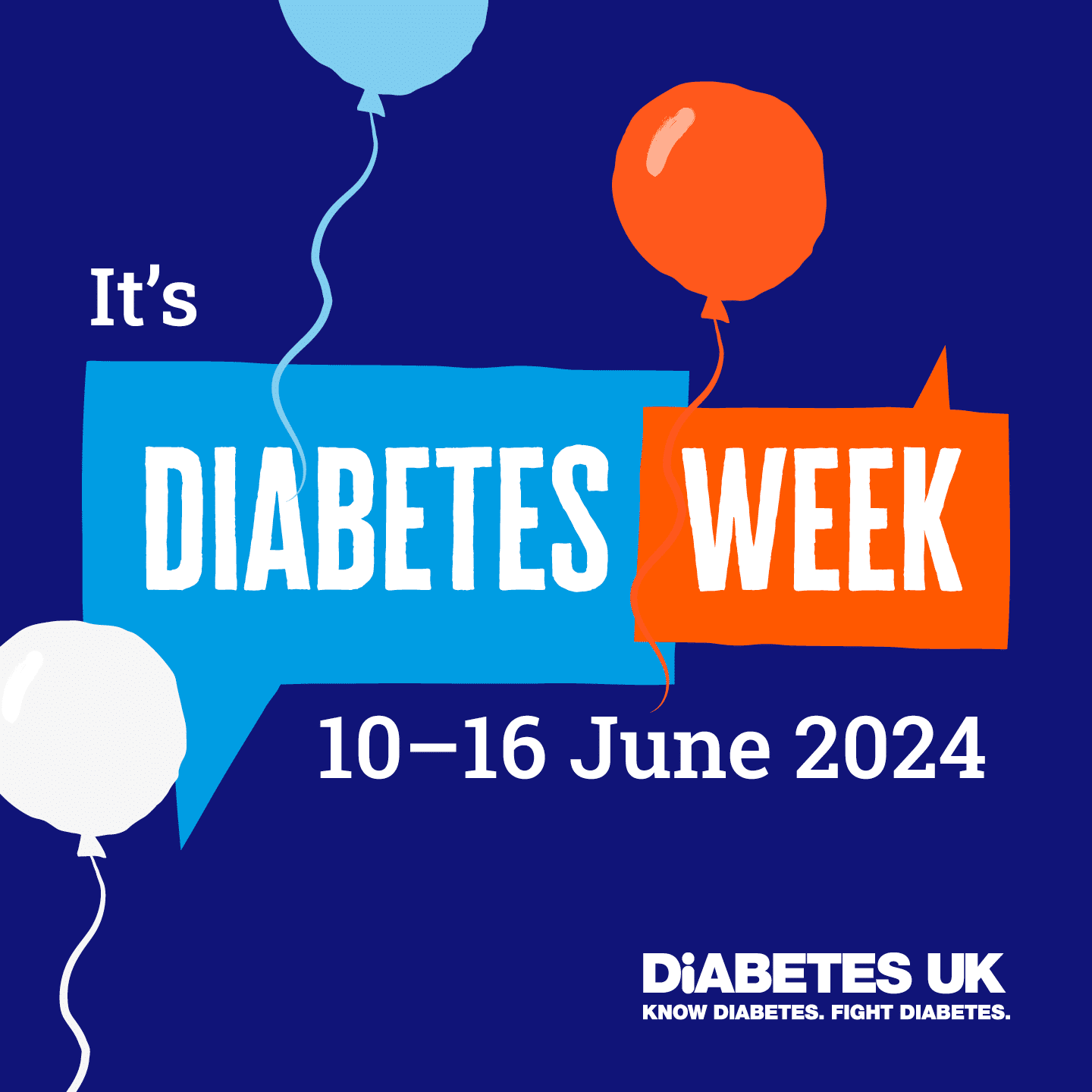Diabetes Week 2024: Raising Awareness in Worcestershire and Malvern
If you have diabetes, or you have a loved one with the condition, you’ll be used to testing, recording, and monitoring. It feels like an endless cycle of blood tests and appointments, doesn’t it? This is why awareness events like Diabetes Week are so crucial.
Diabetes UK has marked 10th – 16th June as Diabetes Week 2024, and we’re committed to sharing useful information about the condition, what it means for you, and how we can help. This week is particularly important for our community in Worcestershire and Malvern, as it provides an opportunity to educate and support those affected by diabetes.
Recognizing the Symptoms
If you or a loved one are experiencing any of the following symptoms, you may have diabetes:
- Toilet: Going for a wee a lot, especially at night.
- Thirsty: Being really thirsty.
- Tired: Feeling more tired than usual.
- Thinner: Losing weight without trying to.
- Genital itching or thrush.
- Cuts and wounds take longer to heal.
- Blurred eyesight.
- Increased hunger.
These symptoms are common indicators of both Type 1 and Type 2 diabetes. Type 1 diabetes is where your blood sugars are too high because your body can’t make insulin. Type 2 diabetes is where your blood sugars are high because your body can’t make enough insulin, or the insulin isn’t working properly.
Specialized Footcare for Diabetic Patients
Diabetic patients can experience various complications, including foot problems. This is why our footcare specialist, Zoe, always tests the nerve sensation in the feet during foot health examinations. If she’s concerned about a reduction in sensation or anything else, she’ll alert the client to see their GP. Regular foot checks are essential in preventing serious complications.
Comprehensive Care in Worcestershire and Malvern
For our clients in Worcestershire and Malvern, it’s important that we are aware of a diabetes diagnosis. This allows us to be vigilant in monitoring for any other conditions that may be caused or worsened by diabetes. Having full knowledge of our clients’ medical issues means we can provide the best care and know when to be concerned if something changes.
During Diabetes Week, we encourage you to reach out for support and information. Local events in Malvern and across Worcestershire will provide opportunities to learn more about managing diabetes, connect with healthcare professionals, and find community support. Check local listings and the Diabetes UK website for events near you.
How You Can Participate
Join us in raising awareness during Diabetes Week 2024 by:
- Attending local events and workshops.
- Encouraging loved ones to get tested if they exhibit any symptoms.
- Supporting diabetes research and local health initiatives.
By coming together, we can make a difference in the lives of those affected by diabetes in our community. Let’s use Diabetes Week 2024 as a springboard to better health and awareness for all. If you want nutritious and healthy meals that suit diabetic needs, Ashwell provides a meals service for seniors.
For more information on events and resources in Worcestershire and Malvern, visit the Diabetes UK website and stay connected with our local healthcare providers. Let’s make Diabetes Week 2024 a meaningful and impactful week for everyone involved.







